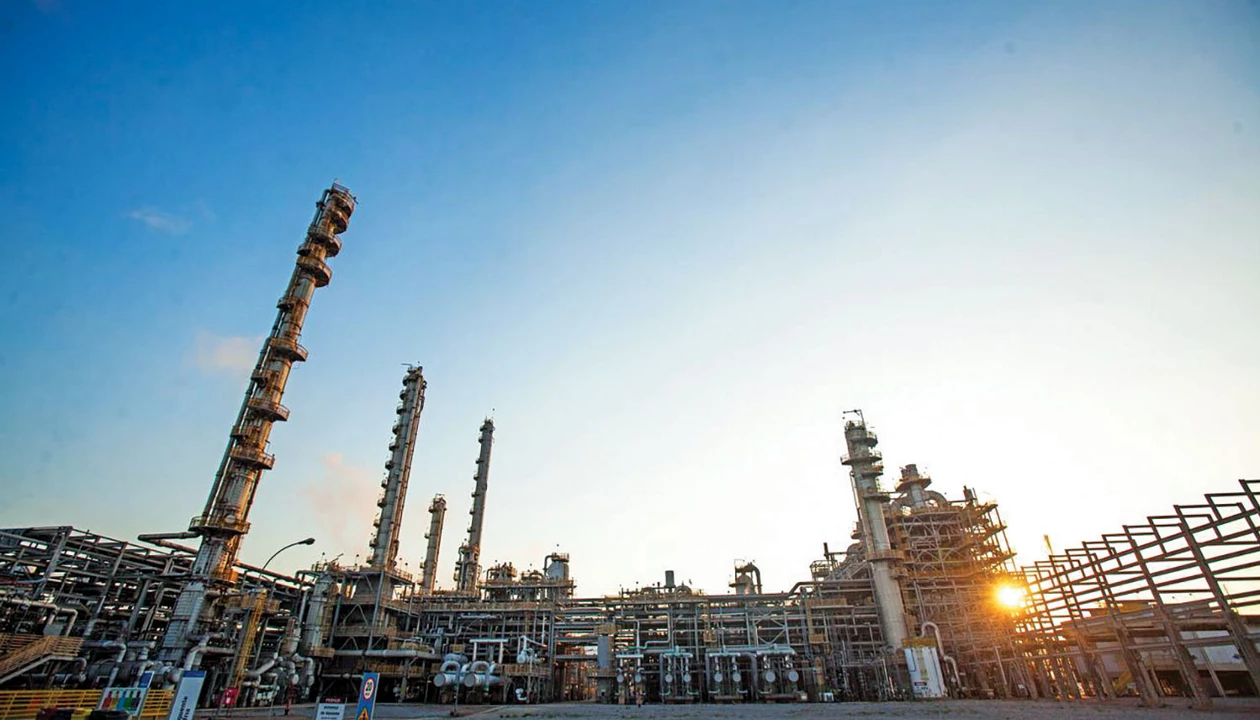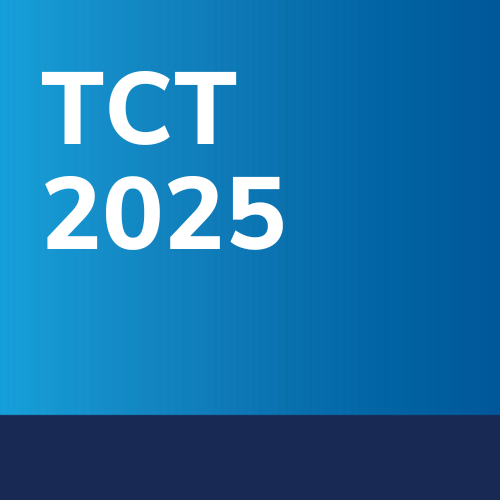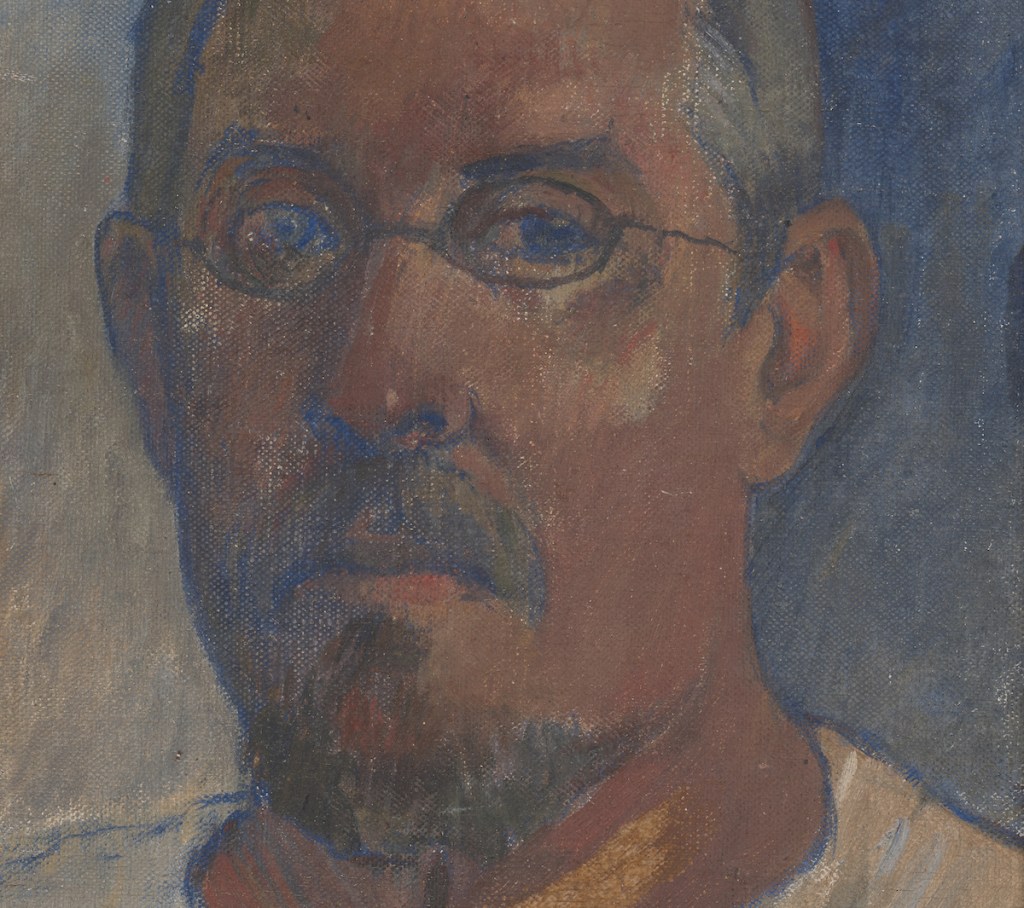Today marks the start of CPhI Frankfurt, a huge trade show in Germany focused on the supply of pharmaceutical ingredients and other services to the drug industry. C&EN editor in chief Nick Perkins, life sciences editor Laura Howes, and reporter Aayushi Pratap are all there to meet drug outsourcing executives and take the pulse of the sector.
In advance of CPhI, Cambrex and Wilmington PharmaTech both just announced big investments in US plants that make active pharmaceutical ingredients. And the Portuguese pharmaceutical services firm Hovione says it has completed a $100 million investment in New Jersey (story below).
Let us know what you think of Business Watch. Email me, Michael McCoy, C&EN’s executive editor for business, at m_mccoy@acs.org.
Top stories from C&EN
- Dow is the largest US chemical producer. It’s also often the first major chemical company to release financial results every quarter and thus a bellwether for industry performance. Dow’s latest announcement shows that the sector is still in a bit of a rut.
- Burning coal releases a lot of carbon dioxide, and converting it into chemicals releases even more. But that isn’t stopping companies, mainly in China and India, from planning more coal-to-chemical facilities, according to a new report.
- The investment firm Flagship Pioneering is perhaps the premier incubator of new biotechnology companies. Its latest is Expedition Medicines, which uses artificial intelligence to further covalent chemistry as a way to modulate hard-to-drug proteins.
Business in brief
Kraton, Fibrant eye European plant closures
Kraton and Fibrant are the latest chemical companies announcing plans to close European plants in response to high costs and stiff foreign competition. Kraton intends to shutter production of hydrogenated styrenic block copolymers (HSBCs) at its site in Berre, France. The company has already begun consultation with works councils at the site. Kraton will continue to produce unsaturated styrenic block copolymers in Berre. The company says it is responding to global overcapacity for HSBCs. In 2022, Kraton announced a 30% expansion of its HSBC joint venture in Taiwan with Formosa Petrochemical. Separately, Fibrant plans to end production of the nylon 6 intermediate caprolactam at the Chemelot industrial park in Geleen, the Netherlands, according to published reports. The company, which is owned by the Chinese nylon producer Highsun Holding Group, tells C&EN that it is considering several strategic options, one of which is a major reorganization. “There are no decisions taken at this point in time,” it says.
—Alex Tullo
Braskem to expand ethylene, polyethylene in Brazil
The board of the Brazilian petrochemical maker Braskem has approved a project to expand annual capacity at its ethylene cracker and polyethylene plant in Rio de Janeiro, each by 220,000 metric tons (t). The company estimates that the project will cost about $800 million and be completed by the end of 2028. The complex, which started up in 2005 with 500,000 t per year of ethylene capacity, uses ethane as its feedstock and is one of Brazil’s lowest-cost petrochemical plants. Braskem has signed an agreement with the state oil company Petrobras for additional quantities of ethane.
—Alex Tullo
Braskem is making an $800 million investment at this facility in Brazil. Credit:
Braskem
BASF and IFF partner on enzymes
The chemical firms BASF and International Flavors & Fragrances are collaborating on R&D around enzymes and biobased polymers for cleaning and personal care markets. The aim, according to a press release, is to improve the resource efficiency of each partner’s product lines. Both companies have leaned into enzymes in recent years. In 2021, IFF merged with the former DuPont nutrition and biosciences unit; it has since trimmed the combined company in favor of enzymes and biobased chemicals. In a similar vein, BASF is offering greater varieties and volumes of enzymes as active ingredients for laundry and home care products, though earlier this fall it expressed a desire to sell its animal feed enzyme business.
—Craig Bettenhausen
International Flavors & Fragrances is teaming up with BASF on enzyme R&D. Credit:
International Flavors & Fragrances
PureTech buys Cymer’s toll manufacturing site
The specialty chemical firm PureTech Scientific has purchased a toll manufacturing and R&D facility in Dayton, Tennessee, from the regional chemical manufacturer Cymer Chemicals. PureTech was formed in 2023 when the private equity firm Iron Path Capital bought Chemours’s glycolic acid business. PureTech says it will use part of the Dayton site to expand capacity and offer more grades of glycolic acid, which is used in skin care as a chemical exfoliant. PureTech will also continue to offer some contract manufacturing at the plant.
—Craig Bettenhausen
Symrise invests in biobased food and cosmetic chemicals
The flavor and fragrance ingredient firm Symrise has struck deals with two start-ups developing new ways to make ingredients for food and cosmetics. Symrise has invested an undisclosed sum in Cellibre, a US firm with precision fermentation technology for making flavors and cosmetic active ingredients. Symrise says the deal supports its ambition to use biotechnology across its operations. Separately, the firm is working with Aplantex on ways to access plant-based molecules as a raw material. Aplantex extracts polyphenols, flavonoids, and other molecules of interest from biomass grown in what it calls photosynthetic phytoreplicators.
—Michael McCoy
Quote of the week
“Our customers, in partnership with federal and state agencies, are reshoring drug manufacturing in the U.S., the world’s largest pharmaceutical market.”
Natural artificial trees are ready for Christmas
Balsam Hill is selling artificial Christmas trees made with plant-based polyethylene. Credit:
Braskem
Balsam Hill, a producer of artificial Christmas trees, has teamed up with the polymer maker Braskem to offer trees fashioned from polyethylene that has been synthesized with ethylene derived from sugar cane. Every needle on the new Balsam Hill trees incorporates 95% biobased carbon content, “offering a life-like appearance while reducing reliance on non-renewable fossil-based resources in polymer production,” according to a press release. Balsam Hill and Braskem say the plant-based artificial trees are a world first.
—Michael McCoy
Hovione invests in spray-drying in New Jersey
The pharmaceutical services firm Hovione says it has spent $100 million to expand its operation in East Windsor, New Jersey. The facility spray-dries drug ingredients to create amorphous solid dispersions, which improve solubility and bioavailability. The Portuguese company says the new spray dryers will begin operating in the second quarter of 2026. The New Jersey facility opened in 2002, making Hovione one of the longest-established European pharmaceutical services firms in the US, CEO Jean-Luc Herbeaux says in a press release. Hovione says it has purchased land adjacent to the East Windsor site on which it can add new facilities for services such as spray-drying and drug tableting. Hovione is also investing at its sites in Ireland and Portugal.
—Michael McCoy
Novartis will acquire Avidity for $12 billion
The pharma giant Novartis has agreed to acquire Avidity Biosciences in a deal that values the company at about $12 billion. Novartis expects to complete the deal in the first half of 2026. Avidity is developing antibody-oligonucleotide conjugates (AOCs) as potential RNA therapeutics for rare genetic neuromuscular conditions such as Duchenne muscular dystrophy. AOCs use antibodies to deliver oligonucleotides to the transferrin receptor protein 1 (TfR1) expressed on muscle cells and correct disease-causing genetic mechanisms, Avidity says. Before the sale closes, Avidity will transfer its cardiology drug program to a new company that may be acquired by an existing Avidity partner.
—Sarah Braner
Lilly to buy gene therapy firm Adverum
Eli Lilly and Company will acquire Adverum Biotechnologies, a gene therapy company targeting eye disease. Lilly will gain access to Adverum’s lead candidate, Ixo-vec, which is being developed to treat wet age-related macular degeneration. The condition results from an overgrowth of blood vessels that damage the eye and cause vision loss. Ixo-vec is a single-administration injection meant to produce a consistent supply of aflibercept, a protein developed by Regeneron Pharmaceuticals that inhibits vessel growth. Lilly will pay up to $3.56 per share at closing, with the potential for up to $12.47 per share if certain milestones are reached.
—Sarah Braner
Zag Bio launches with $80 million to target the thymus
The venture firm Polaris Partners has unveiled its latest start-up: Zag Bio, which aims to treat autoimmune disorders with medicines that target the thymus—a small organ sandwiched between the lungs that’s responsible for making T cells. Zag is developing bifunctional antibodies that deliver antigens to the thymus so it can learn to recognize them and adjust its immune response accordingly through regulatory T cells, the backbone of this year’s Nobel Prize in Physiology or Medicine. The start-up’s lead drug candidate is designed to treat type 1 diabetes. The T1D Fund, a venture philanthropy firm, co-led an $80 million round with Polaris. The venture arms of AbbVie, Sanofi, and Regeneron Pharmaceuticals also backed the round.
—Rowan Walrath
Takeda buys rights to 2 China-invented molecules
Takeda Pharmaceutical has agreed to pay $1.2 billion to license two cancer drug candidates made by Innovent Biologics, a China-based drug firm. The funds include a $100 million investment in Innovent. Both drug candidates are in late-stage clinical development. Licensing molecules on the cusp of approval from Chinese firms is an increasingly common practice in the biopharmaceutical world. In this case, one is a bispecific antibody fusion protein designed to treat non-small-cell lung cancer and colorectal cancer; the other is an antibody-drug conjugate for gastric and pancreatic cancers. Takeda also has the option to license a third, earlier-stage medicine for markets outside mainland China, Hong Kong, Macau, and Taiwan.
—Rowan Walrath
What we’re reading (and watching)
- Investors are pouring money into US companies seeking to develop rare earth minerals: Wall Street Journal
- It’s time to embrace alternatives to animal testing—or is it?: Nature
- Frequent flyers: Top drugmakers’ private jets descended on Washington, DC, more than 120 times this year, data show: Endpoints News
- Pharmaceutical executives held an online roundtable to talk about challenges in the small-molecule sector: CPhI Frankfurt
Chemical & Engineering News
ISSN 0009-2347
Copyright ©
2025 American Chemical Society






